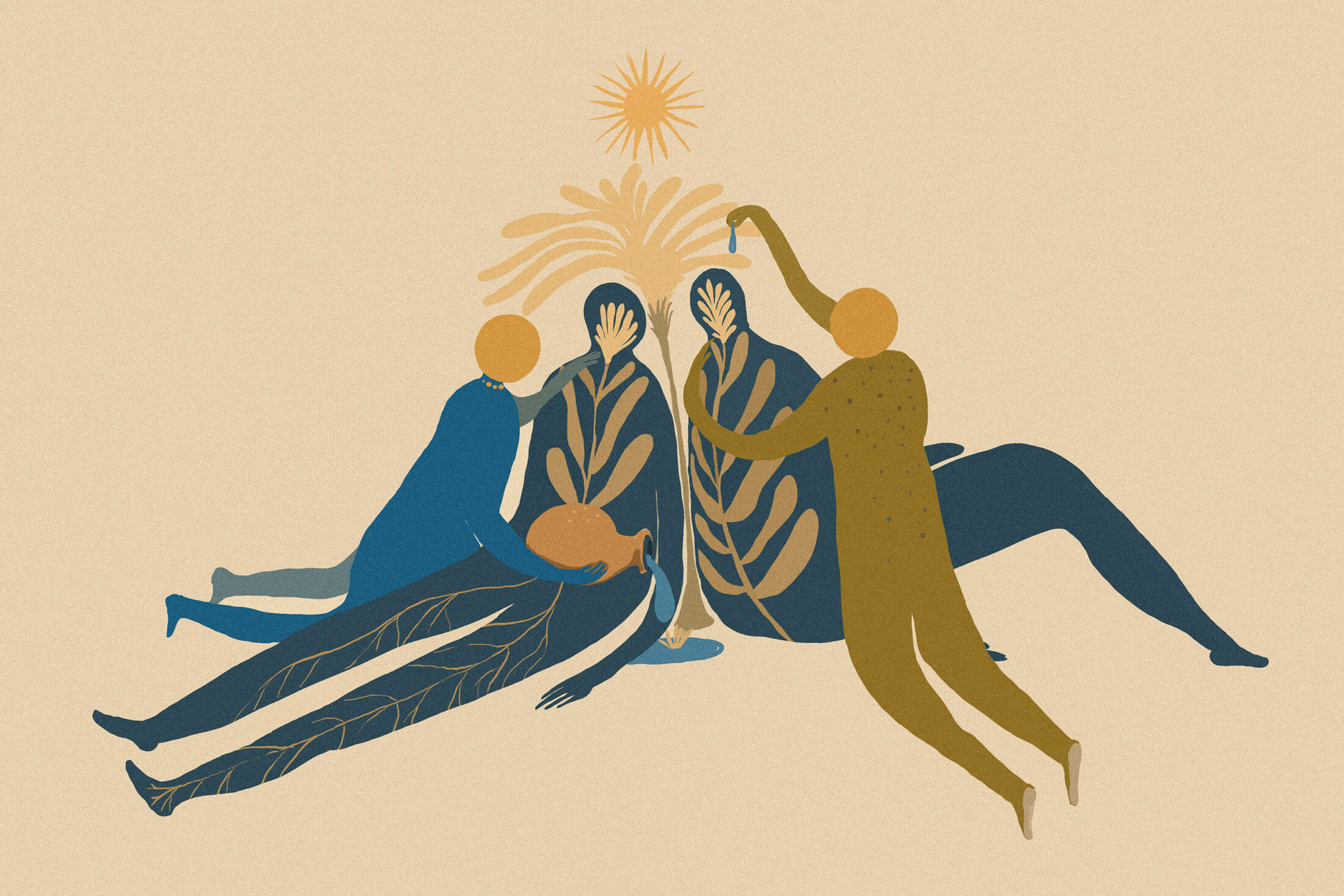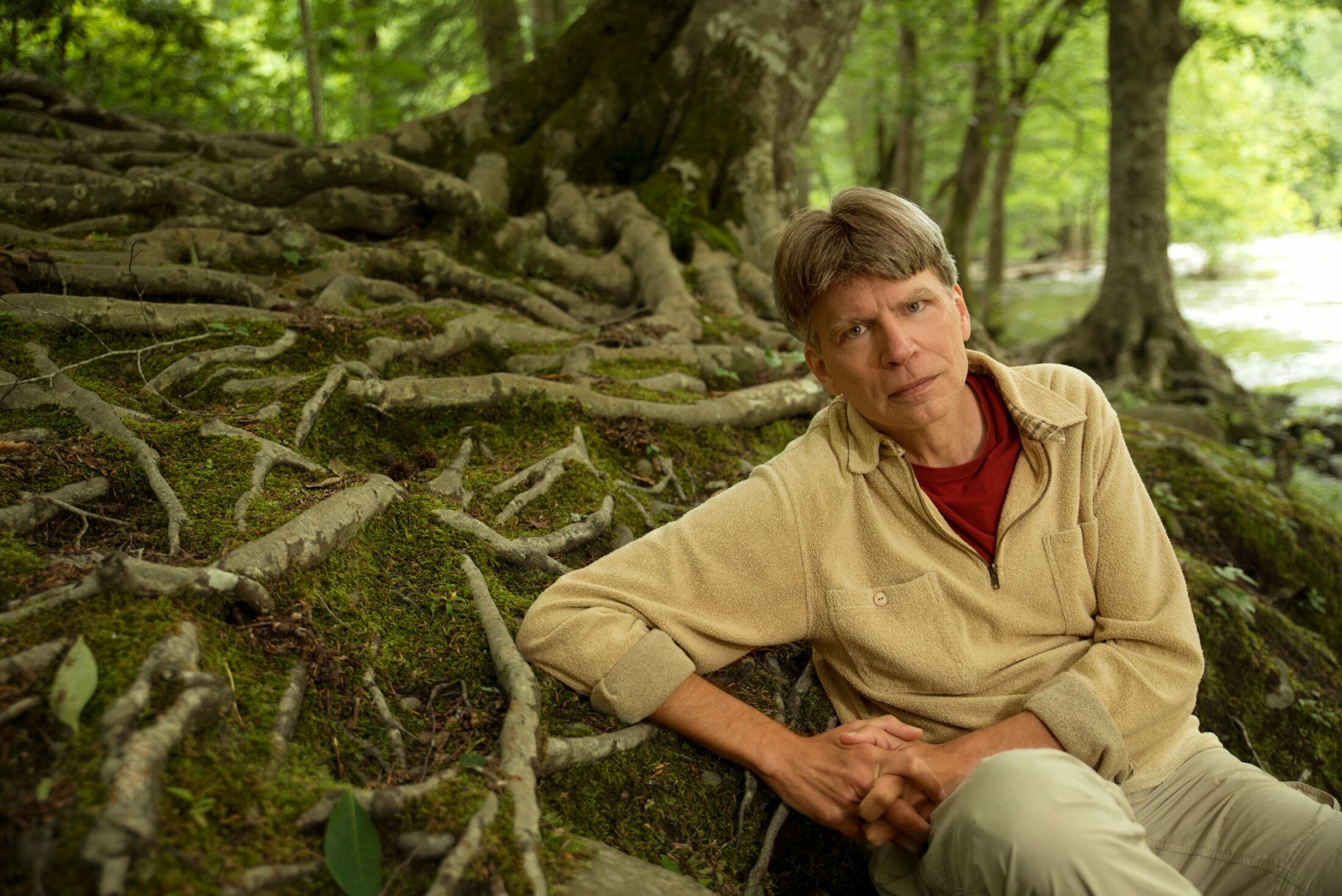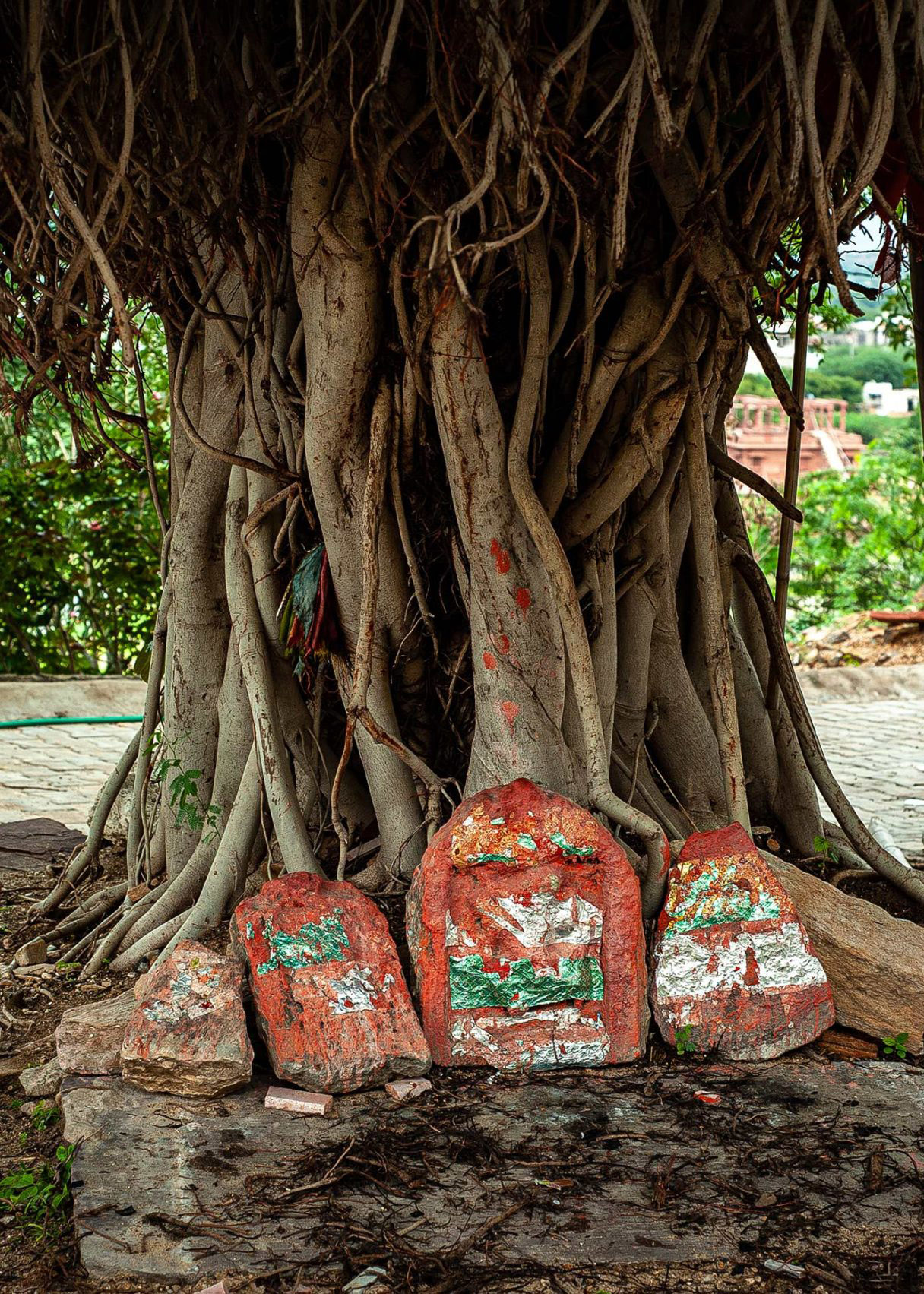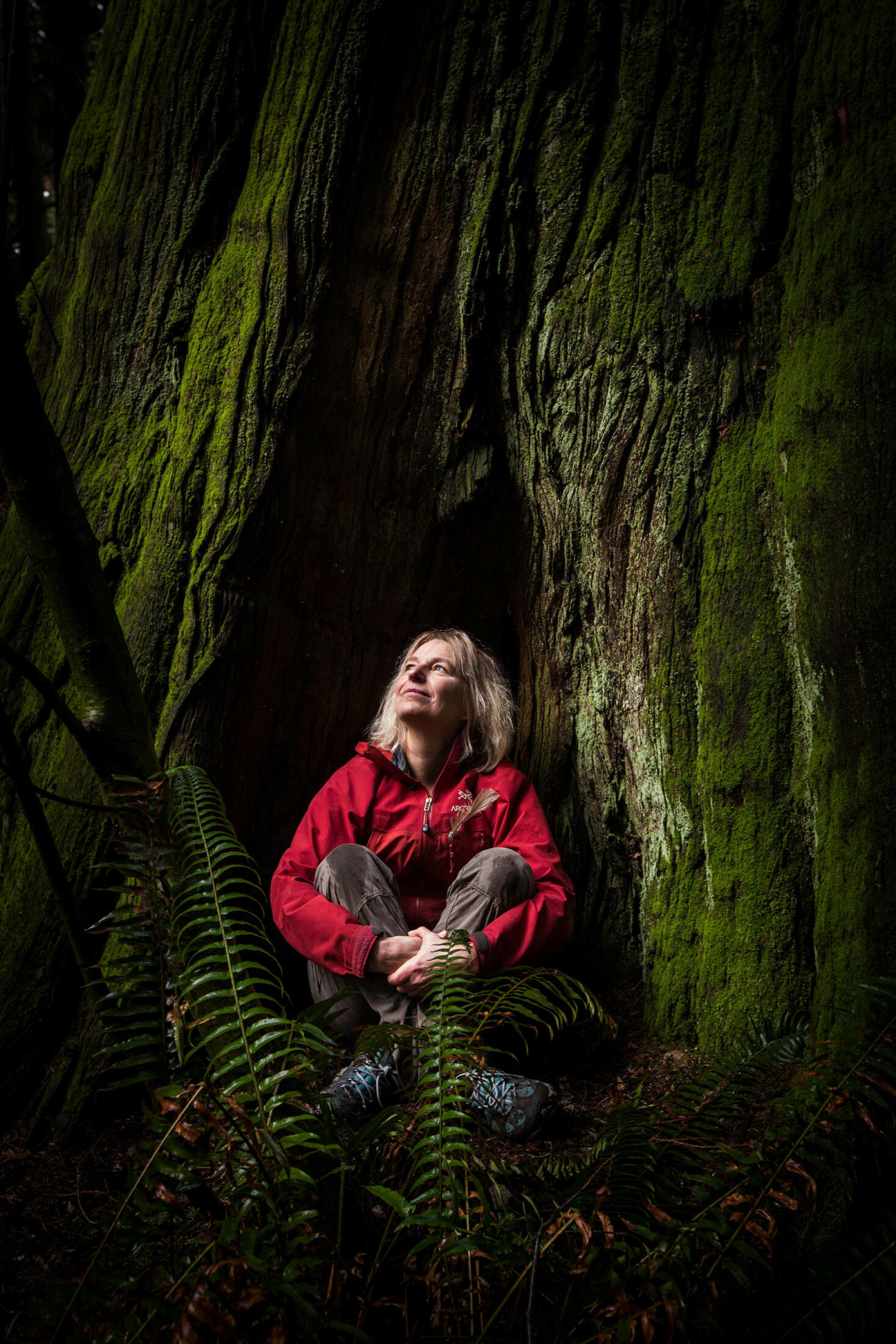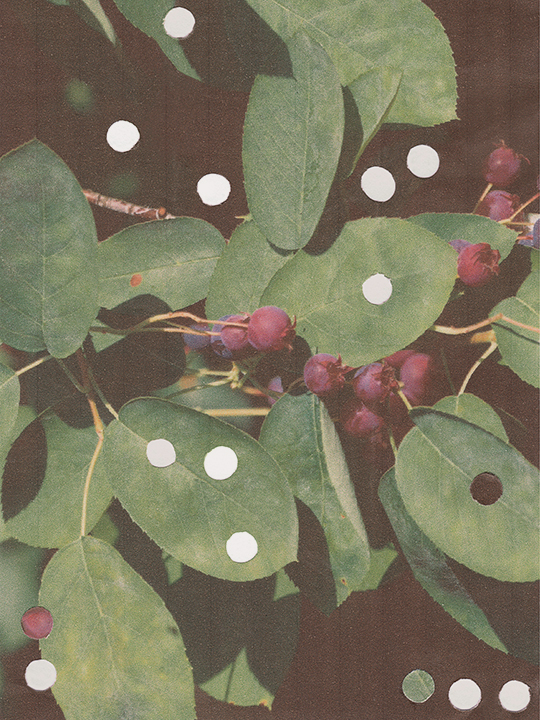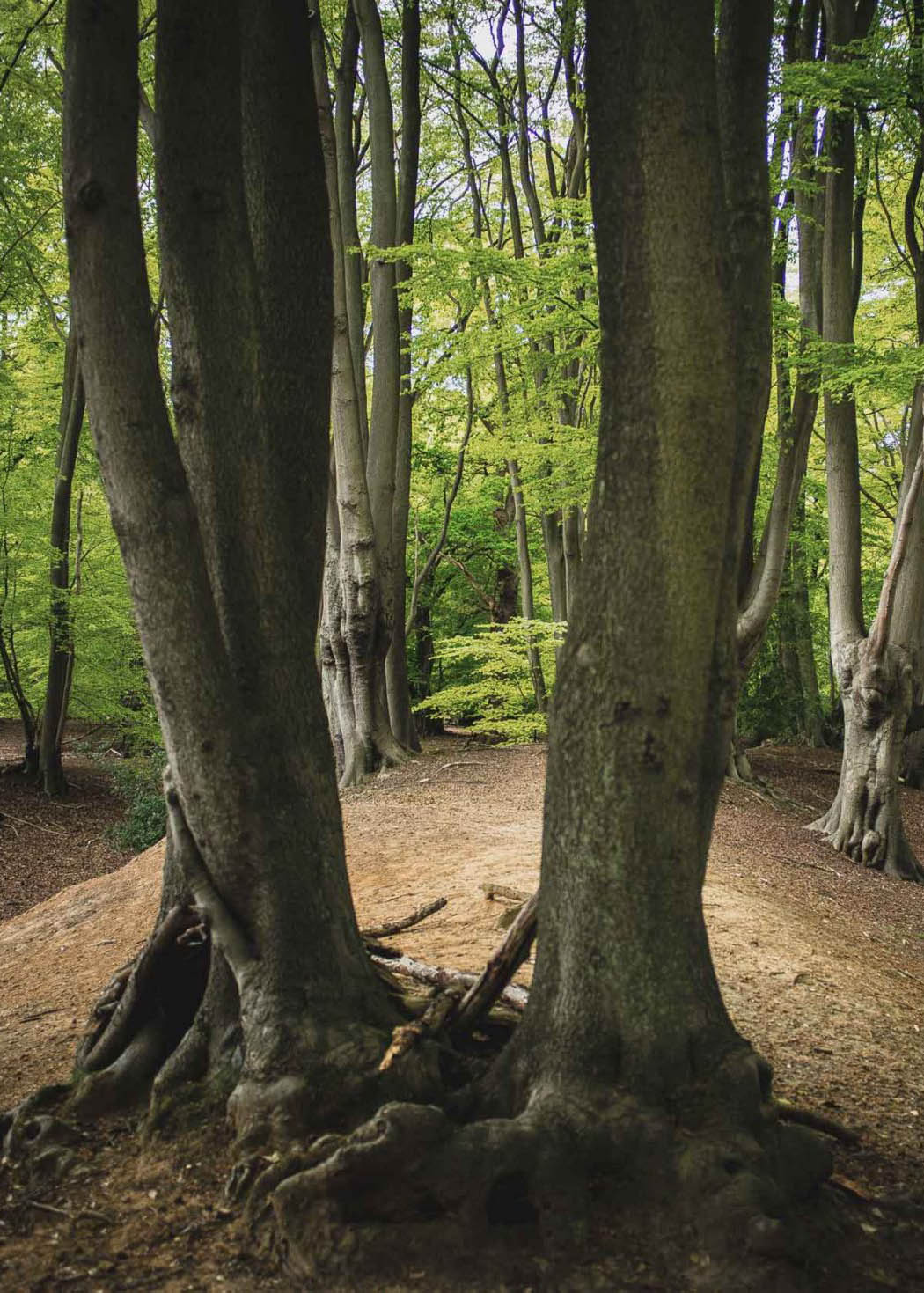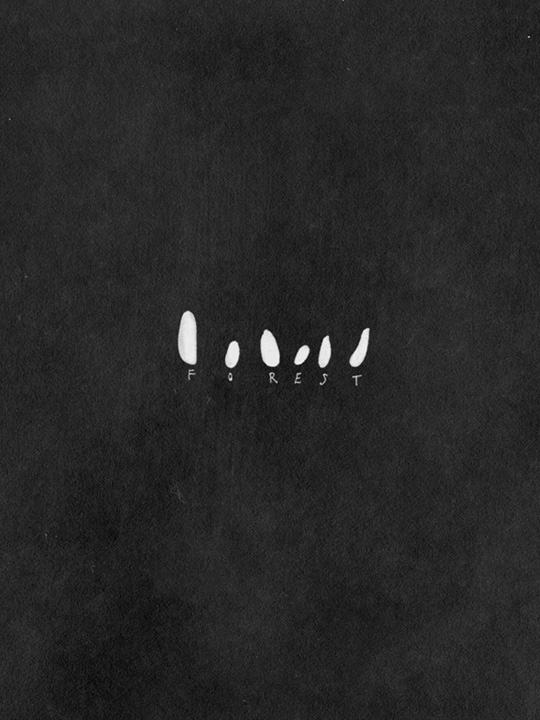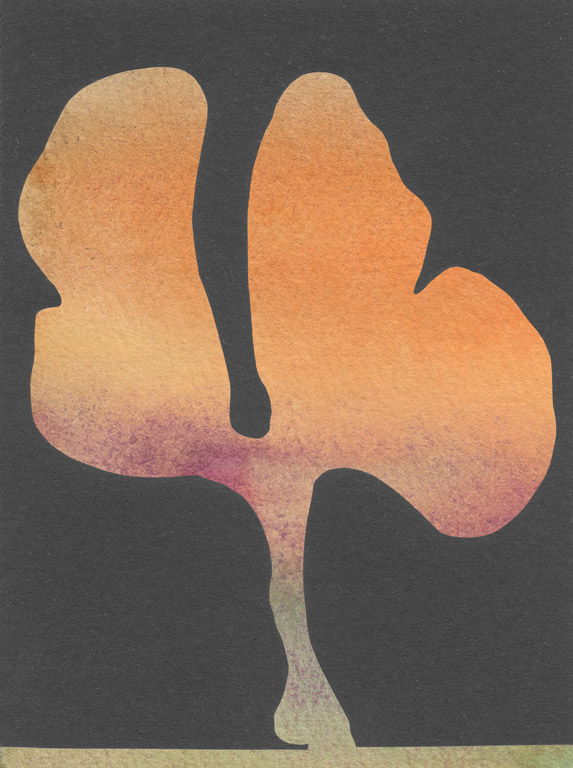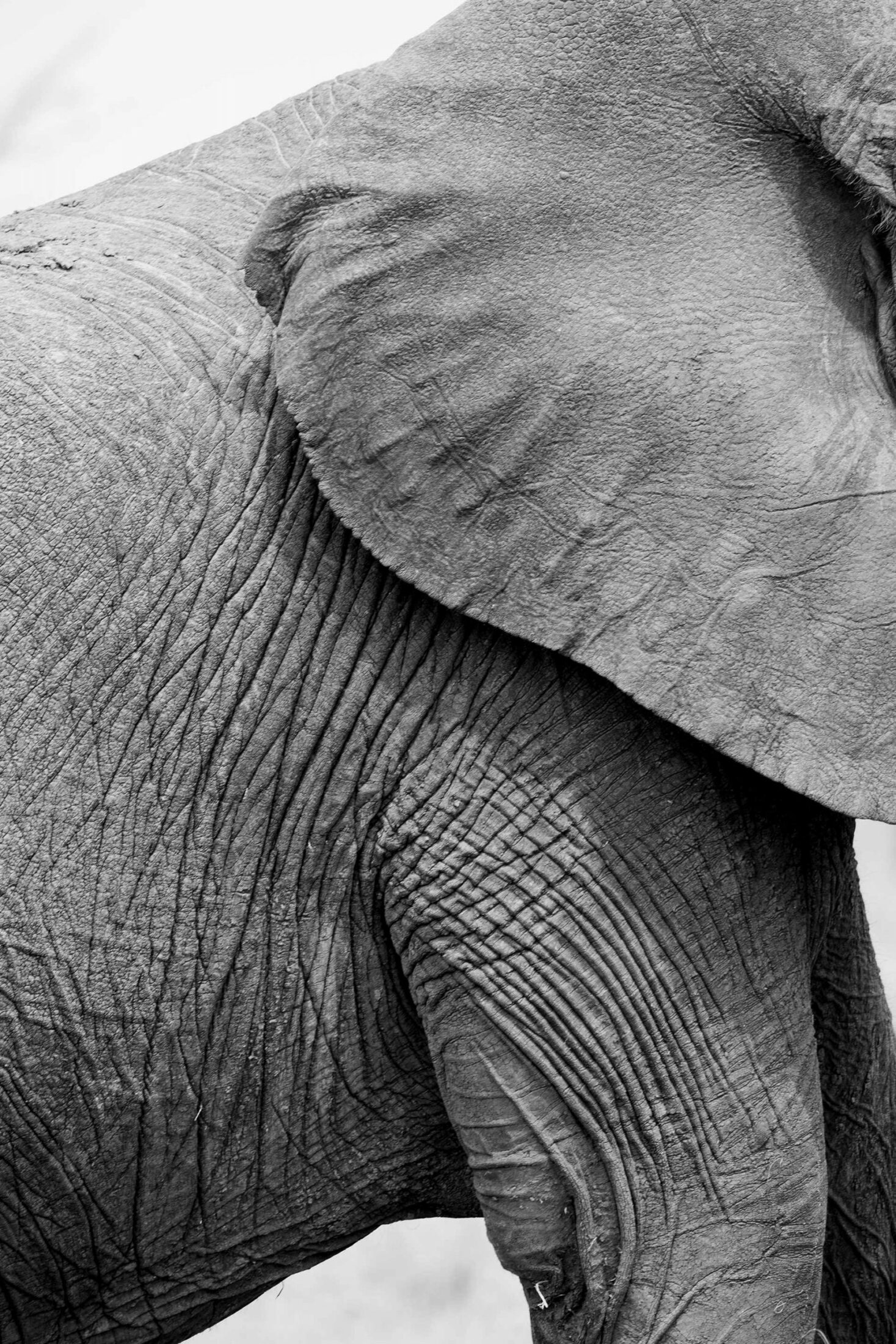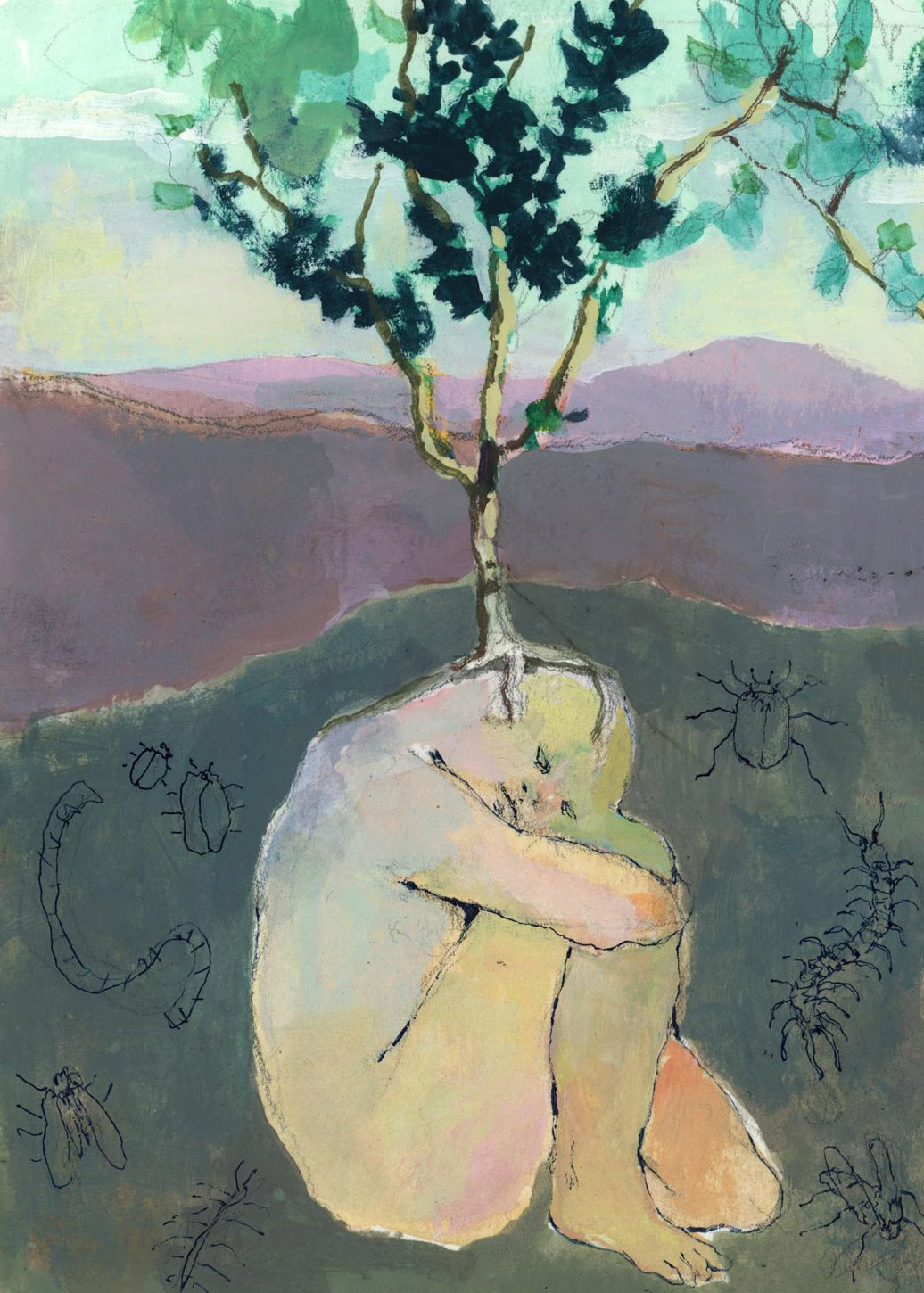Reflecting on a possible genetic basis for altruism, the evolutionary biologist W. D. Hamilton once wrote that “in the world of our model organisms … everyone would sacrifice [his own life] when he can thereby save more than two brothers, or four half brothers or eight first cousins.” (A similar quip is often attributed to J. B. S. Haldane, one of history’s most quotable scientists, although Haldane never wrote it down.) The arithmetical precision of Hamilton’s formula gives it an almost comical ring, and the line sounds at least a little tongue-in-cheek. But Hamilton, one of the progenitors of the theory of kin selection, took the meme seriously enough to use it in developing what is now called Hamilton’s rule:
According to the rule, genes tend to increase in frequency when the degree of genetic relatedness between a giver and a receiver of an altruistic act, multiplied by the benefit to the receiver, is greater than the reproductive cost to the giver.
The adaptive advantage of taking care of other organisms with whom we share a close genetic relationship makes intuitive sense. After all, many different branches of life have repeatedly converged on the strategy of parental commitment and sacrifice. Still, I’d bet that most people who aren’t geneticists would assume that Hamilton’s “world of model organisms” is exactly that: an abstract template that real living things will ignore, challenge, or modify in countless creative and surprising ways.
No matter how valid the still-controversial ideas of kin selection might turn out to be, they possess a strange beauty that I find irresistible. In particular, I confess that Hamilton’s rule—with its ingenuity, urgency, and rigor—brings out in me an entirely useless feeling of love for a species that is compelled to discover a mathematical underpinning for the uses of that feeling.
Human beings are recent upstarts in the game of life, and only a few generations separate any two of us from a common ancestor. In fact, given that life on Earth preserves at least a couple of hundred legacy genes across all of creation, the genetic relatedness between any two living organisms is narrower than most of us suspect. Any enterprising geneticist should be able to calculate the degree of genetic kinship between me and a band of endangered eastern gorillas. That number, run through Hamilton’s formula for sacrifice, would then compute how many gorillas (if there are enough of them remaining) a model organism like myself should feel compelled to lay down my life for, on genetic logic alone. Exact numbers for other genetically sensible sacrifices might be calculated for lemurs, leopards, lichens, or linden trees. Or, for that matter, vipers, viburnums, and violet ground beetles. Given the high percentage of genes that all eukaryotic cells share, the sacrificial thresholds might be surprisingly, uncomfortably low.
Of course, simple genetic kinship will never provide anyone’s ultimate math for tying his or her fate to another’s. No one ever got Hutus and Tutsis to lay down their arms and broaden their group loyalty by appealing to their shared genes—let alone all of humanity and the countless species we are exterminating. But the scope of perceived kinship does seem to grow in proportion to the threats from outside. Enemies thrown together in a hostile place, depending on each other to survive: it’s a perennially popular story. If bizarre, predatory creatures erupted from underneath the miles-thick crust of ice on Saturn’s moon Enceladus and headed toward Earth’s storehouses of usable energy, the same species that has precipitated the loss of half of Earth’s large animals since 1970 would surely sacrifice almost anything to save the last of carbon-based life.
I myself have four siblings, whom I really should call more often. But God help me, when I first came across Hamilton’s rule, I could not help myself thinking, by another terrible calculus that I can’t blame on natural selection, Well, yes, lay down my life, perhaps … but for which two? My knee-jerk fecklessness, though, contrasts with those countless people who, under fire, have given their lives without a moment’s hesitation to save others with whom they share no close blood ties. People die willingly for spouses and brothers- and sisters-in-law, for people in their town, for their country, for strangers in an improvised clan that exists nowhere else but the mind.
Here’s the astonishing thing about humans: people are always willing to lay down their lives on behalf of far fewer shared genes than any mathematics dictates. When a person scrambles up an ancient redwood that is about to be cut down, she is effectively declaring, “If you want to kill it, you’ll have to kill me, too.” Certainly there’s a game of cultural chicken out there, a reliance on the sanctity of human life that almost every human shares. But such an action also stands ready to assert the remarkable equation: my life for this tree’s. There are humans who can see cousins in creatures where other people see only otherness.
The Gospel of John puts forward a very different take on Hamilton’s rule for meaningful sacrifice: “Greater love hath no man than this, that a man lay down his life for his friends.” Perhaps most of the kinship we ever feel is more intuited than inherited. Perhaps genes aren’t the only thing that we’ve been shaped to try and save. Maybe altruism evolves to recognize affinity, joint purpose, shared values. Maybe nothing elicits a sense of relatedness more deeply than feeling our dependence on other living things. A predator depends entirely on its prey; that, too, is a kind of blood bond.
Conscious creatures have an extraordinary capacity to form attachments without regard to the cost to their own individual fitness. Kinship is the ability to see my fate in theirs, even when the family resemblance is largely a leap of faith. This impulse toward expensive, even disastrous acts of identification—call it love—may be merely an epiphenomenon, a fluke spin-off of runaway kin selection misdirected into bonds with no apparent adaptive advantage, or perhaps even a net loss.
Or it may be that our capacity to will ourselves into kinship with seemingly remote creatures is in fact an exaptation: something that natural processes could never have selected for but that now (as with so many other co-opted genetic processes) presents altogether new opportunities for thriving. It seems to me that this ability to see our fortune contained in the fortune of others, a kinship based not on relatedness but on common cause, may be the one feature of self-awareness capable of saving our species from all the other potent (and potentially fatal) adaptations that evolution has endowed us with.
The ability to sacrifice self on behalf of the stability of an entire ecosystem would surely have adaptive advantage; few geneticists would disagree. But fewer would believe that natural selection alone has any possible mechanism by which to shape such a trait. That’s where consciousness and fiction come in. To move from genetic kin selection to cultural selection, and from cultural selection to compassion for the more-than-human, a person must be driven by a calculus beyond “fitness.” Hamilton’s rule, applied to the messy domain of human social relations, gives way to the idea of nurture kinship, in which community tends to be strengthened and sustained when the perceived kinship between nurturer and nurtured yields more to the community than it costs the nurturer to give. Blood ties give way to proxy relations and fictive kinship—kinship grounded in shared place, shared practices, and shared narratives, both measurable and imaginary.
I am a novelist. All day long, I try to inhabit the hearts and souls of people who have never existed in the hopes that existing people might find, in these made-up lives, fictive kin who resemble their friends and provisional families in that realm of consensual fiction that we call the real world. In my fiction, kinship forms through conflict. Through the play of dramatic tension between seemingly inimical values, my characters come to recognize the keys to themselves that others hold.
Secret kinship with the Other—even with the ultimate enemy—is the lifeblood of fiction. (Surely you had to suspect, with a name like Darth Vader, a coefficient of genetic relationship hiding somewhere in the closet?) Leslie Fiedler once made the case that a great number of the canonical works of American literature have involved a plot in which a white person and a nonwhite person, thrown together in emergency, develop mutual dependence. Fiction challenges the barrier between “us” and “them.” It puts relations through the wringer, mangles them, and leaves the idea of family flattened but so much larger.
We’re now in the middle of a family emergency that will test all family ties. Only kin, and lots of it, from every corner of creation will help us much in the terrible years to come. We will need tales of forgiveness and surprise recollection, tales in which the humans and the nonhumans each hold half a locket. Only stories will help us to rejoin human to humility to humus, through their shared root. (The root that we’re looking for here is dhghem: Earth.) Kinship is the recognition of shared fate and intersecting purposes. It is the discovery that the more I give to you, the more I have. Natural selection has launched all separate organisms on a single, vast experiment, and kinship glimpses the multitudes contained in every individual organism. It knows how everything that gives deepest purpose and meaning to any life is being made and nurtured by other creatures.
Can love, in its unaccountable weirdness, hope to overcome a culture of individualism built on denying all our millions of kinships and dependencies? That is our central drama now. It’s the future’s one inescapable story, and we are the characters who will steer that conflict to its denouement.
To find the stories that we need, we would do well to look to the kinship of trees. Trees signal one another through the air, sharing an immune system that can stretch across miles. They trade sugars and secondary metabolites underground, through fungal intermediaries, sustaining one another even across the species barrier. But maybe such communal existence shouldn’t be all that surprising. After all, everything in an ecosystem is in mutual give-and-take with everything else around it. For every act of competition out there, there are several acts of cooperation. In the Buddha’s words: A tree is a wondrous thing that shelters, feeds, and protects all living things. It even offers shade to the axe-men who destroy it. Incidentally, the same man once said: The self is a house on fire. Get out while you can.
I write this on the morning after the forty-fifth president of the United States, seeking power in the very opposite of kinship, asked from onstage in front of an adoring crowd, “Who do you like more, the country or Hispanics?” A few days ago, his administration announced its intention to roll back the Endangered Species Act. On such a morning, I can’t help but feel that we are so lost. Our capacity for salvation through sacrifice seems to be shrinking, even as catastrophe draws near.
But we make the leap in ones and twos, helping each other across like so many fictive siblings in one great adopted clan. The key is to recall how we each succeed by virtue of endless others, and that none of us will end until we all do.
Hamilton himself—he whose equation compels any life to sacrifice itself for its eight first cousins—knew this more than most of us. In an essay called “My Intended Burial and Why,” he writes:
To be many—what more does kinship strive for? To live on in some distant branch of the spreading experiment, even in the buzzing urgency of a corpse-eating beetle: now that is how to make a common cause. In the shape of their children and mine—a person could find real family, out there. The math seems sound to me, and it makes a magnificent story. For to steal from that most quotable scientist J. B. S. Haldane: God Itself has an inordinate fondness for both beetles and stars.
